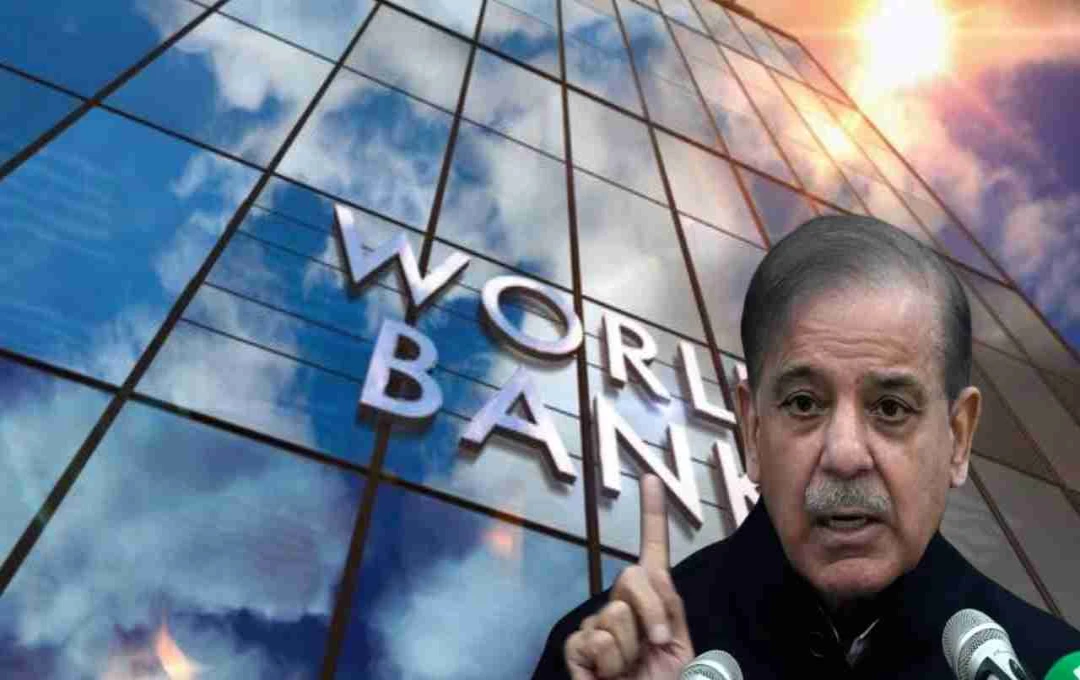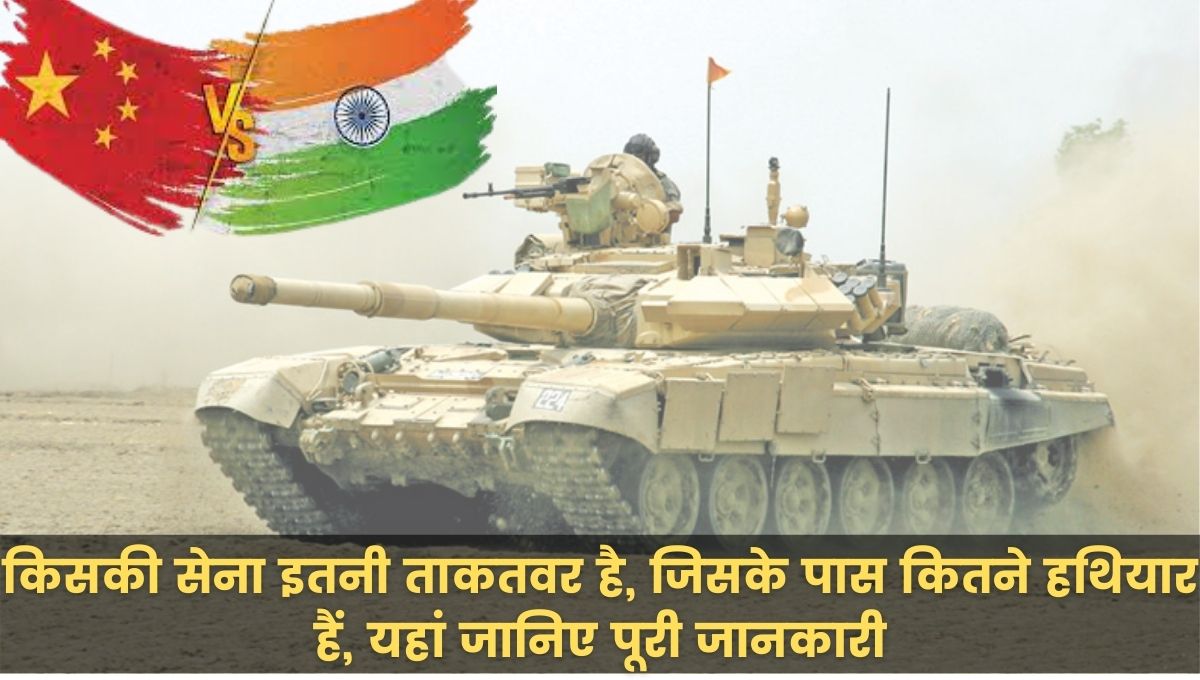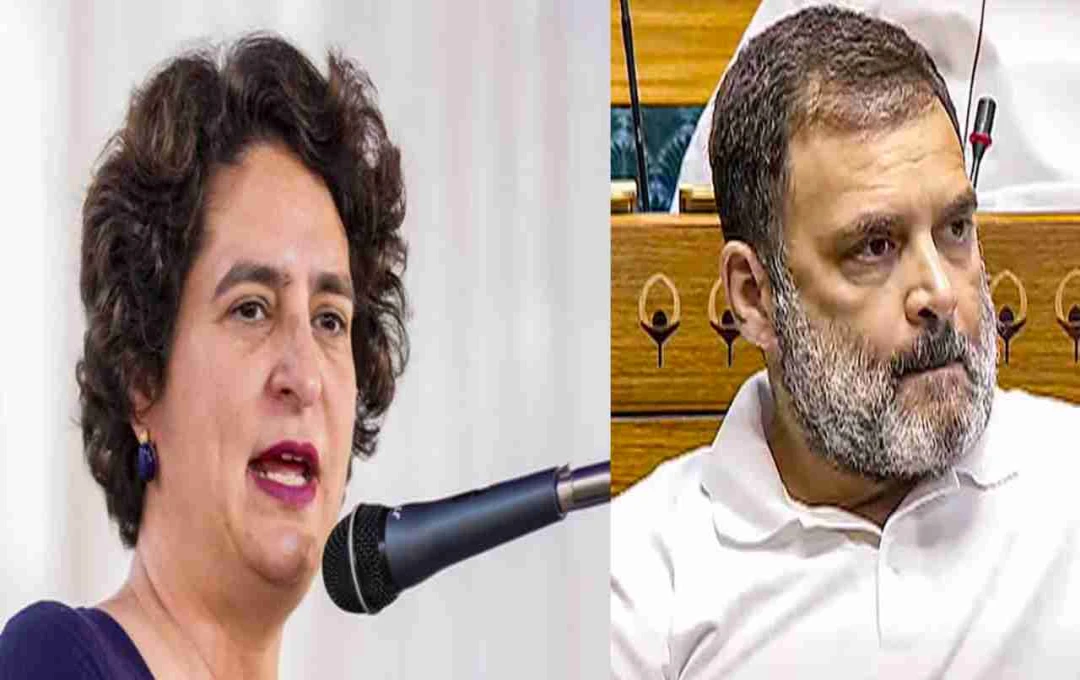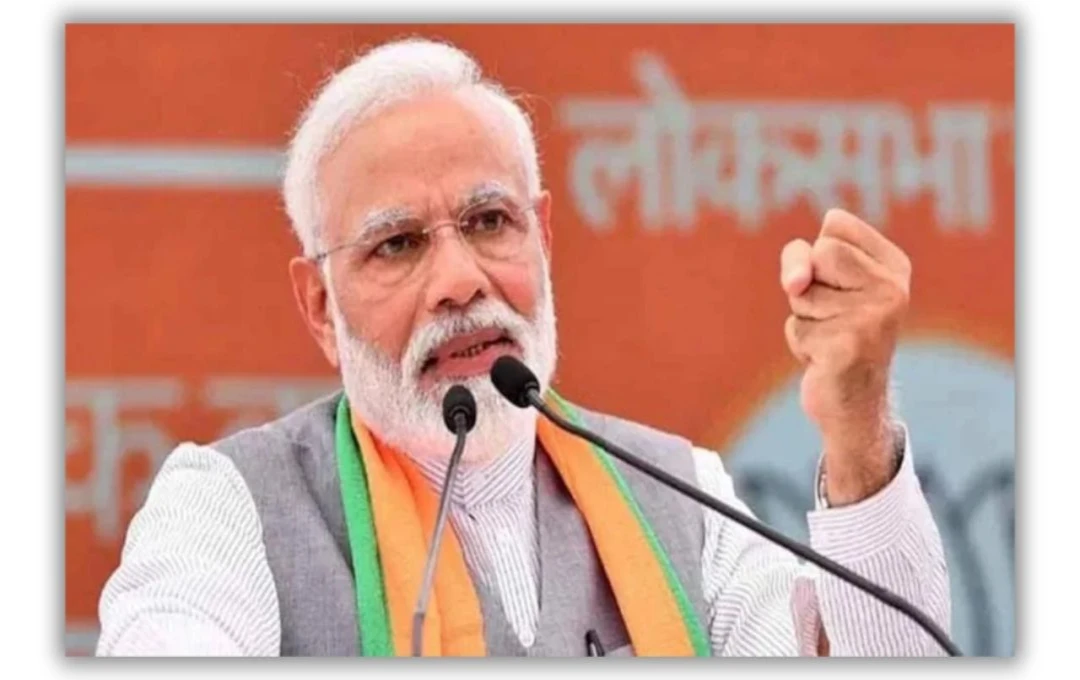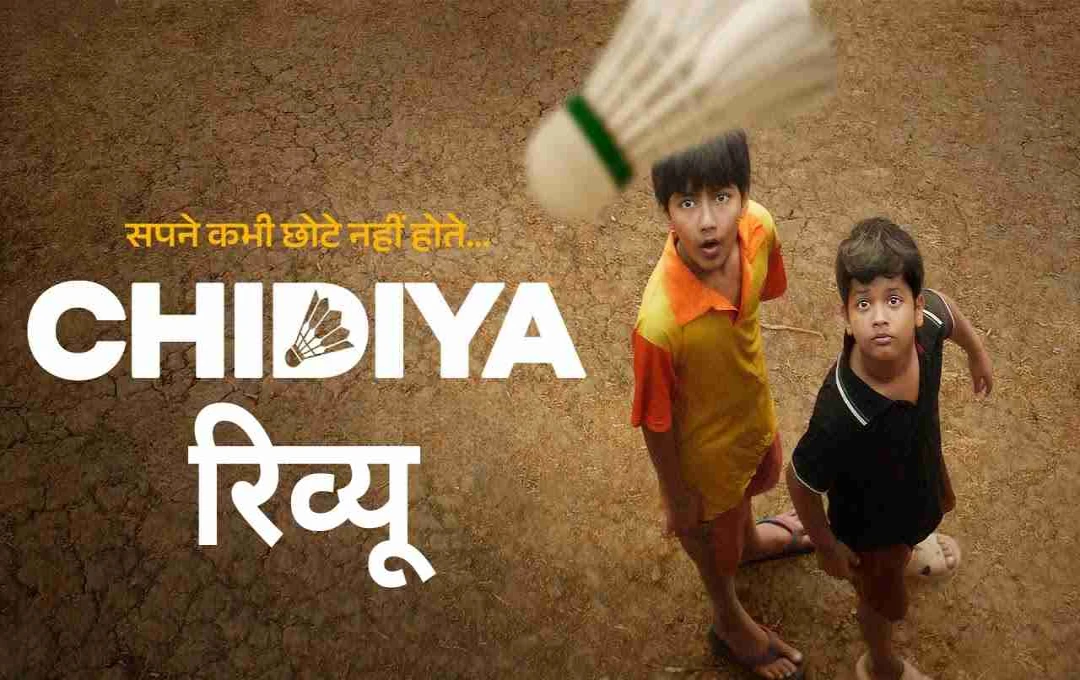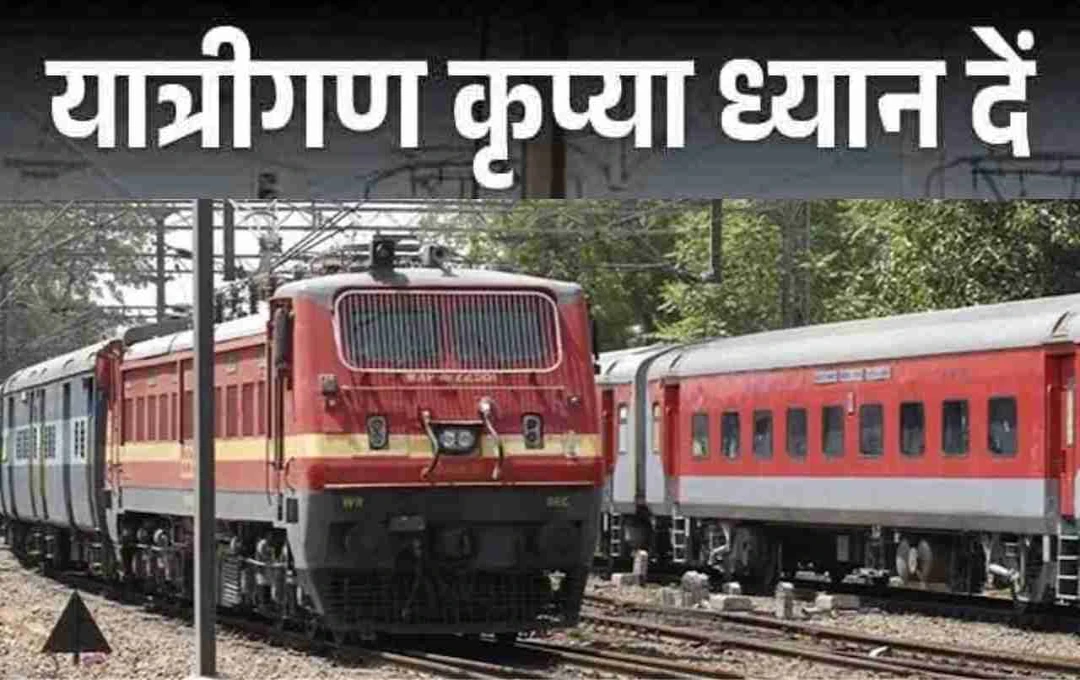Pakistan's rising poverty: A World Bank report highlights GST as a major contributor. While the Pakistani government postures with threats of war against India, it demonstrably fails to provide for its own citizens.
Pakistan: Pakistan's economic situation is deteriorating rapidly. The government struggles to provide even basic sustenance for its citizens. A recently released World Bank report exposes the extent of Pakistan's economic woes, highlighting a continuous rise in poverty, largely attributed to the implemented General Sales Tax (GST). Ironically, amidst this crisis, the Pakistani government continues to issue bellicose statements against India. The stark reality is that Pakistan cannot feed its people but dreams of war with India.
World Bank Report: GST as the root cause of poverty
The World Bank report, titled 'The Effects of Taxes and Transfers on Inequality and Poverty in Pakistan', reveals that the General Sales Tax (GST) disproportionately impacts Pakistan's poor population. The report indicates that the GST burden exceeds 7% of pre-tax expenditure, meaning the poor and vulnerable segments bear an excessive tax burden on essential goods, further exacerbating their economic hardship.
The report explicitly states that this tax system is a primary driver of increased poverty in Pakistan. The immense tax burden on daily necessities makes survival increasingly difficult for the impoverished.
BISP as a support in reducing inequality
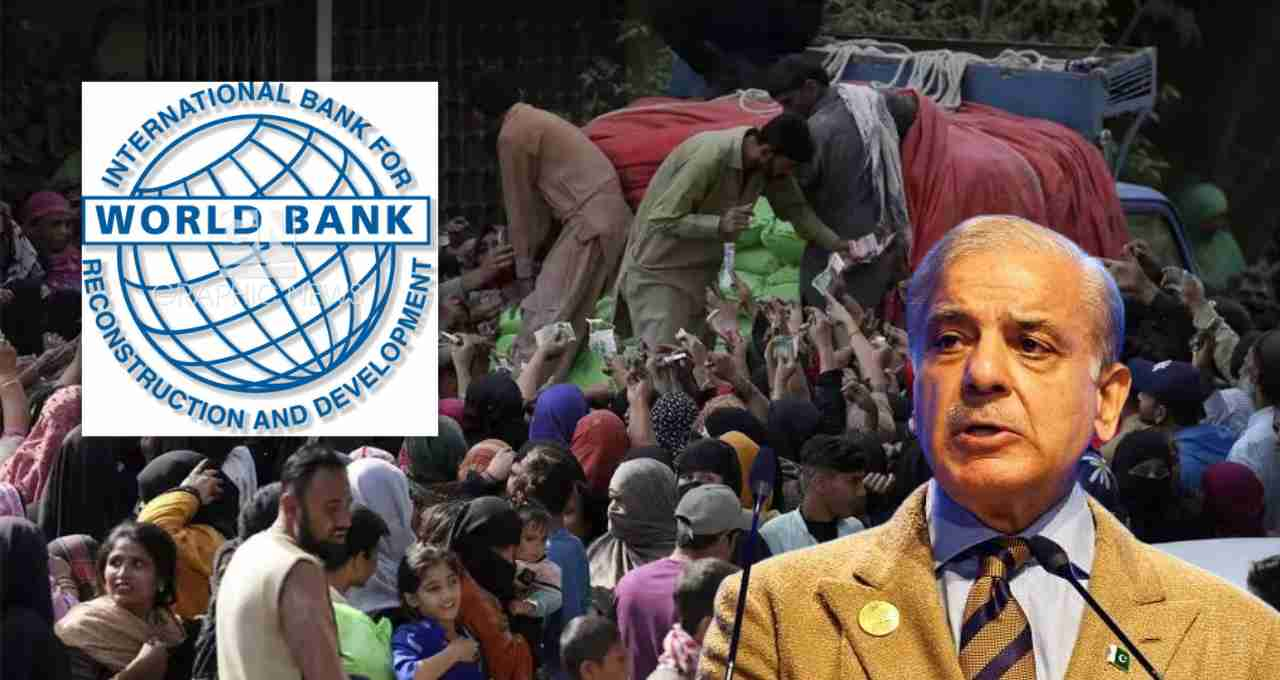
The World Bank report also acknowledges the Benazir Income Support Programme (BISP) as the most effective initiative in mitigating poverty and inequality in Pakistan. This monthly cash assistance program provides financial aid to the country's poorest families. The report emphasizes BISP's crucial role in reducing inequality.
However, the report also notes that spending on pre-primary and primary education has contributed to increased inequality, indicating insufficient government investment in this critical sector.
Pakistan's reliance on IMF and foreign aid
Pakistan's current economic state is so dire that it repeatedly relies on loans and aid from the International Monetary Fund (IMF) and other nations to meet its financial obligations. The government fails to provide basic necessities for its citizens, with infrastructure in areas such as food, health, and education severely lacking.
Pakistani media reports depict rampant inflation, with the general population burdened by high prices and taxes. The cost of everything from petrol and diesel to vegetables and medicines is skyrocketing, while the government continues its rhetoric of war with India.
War talk with India versus the hunger of its people
The Pakistani government attempts to distract its populace from its failures by portraying India as an enemy. However, the truth is that the nation's citizens are teetering on the brink of starvation. The World Bank report clearly demonstrates the continuous rise in poverty, with government policies playing a significant role in this escalation.
It begs the question: how can a nation unable to feed its own people even contemplate war with a country like India? Pakistan should prioritize providing for its citizens' basic needs before issuing war threats.
